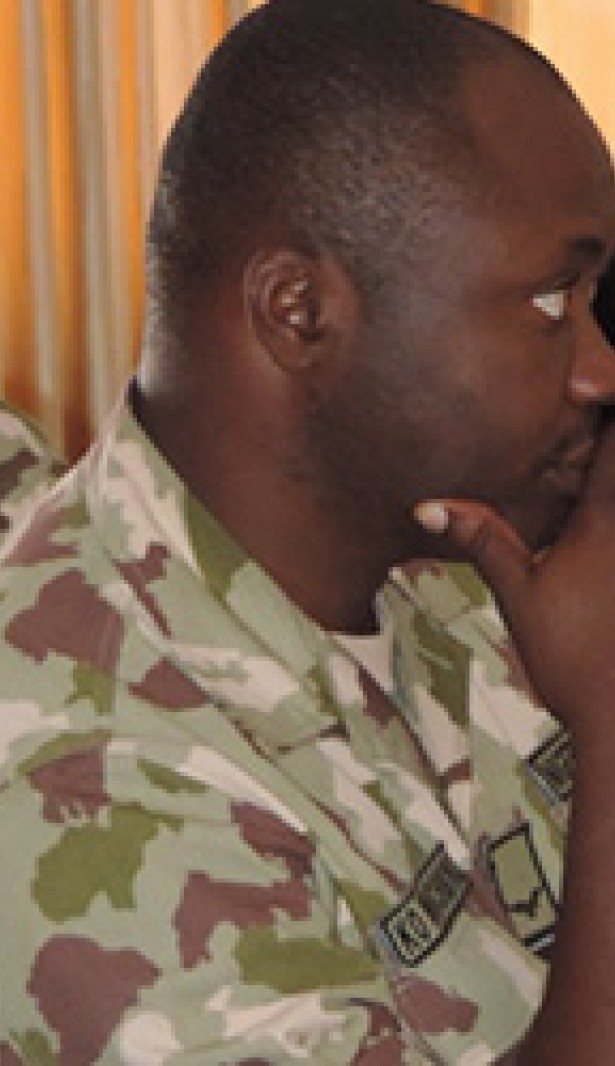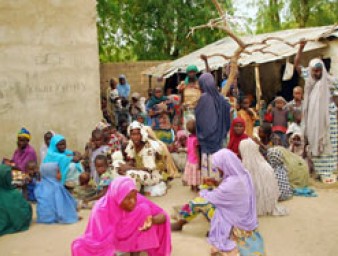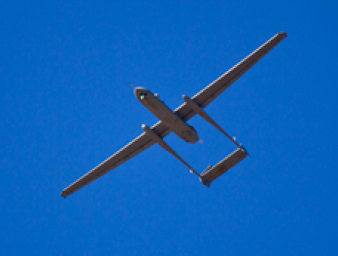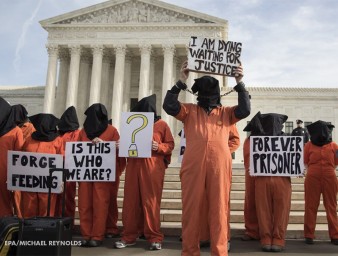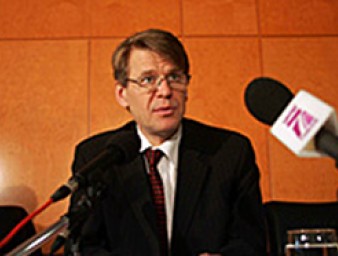Nigeria creates a military Human Rights Desk
14 March 2016
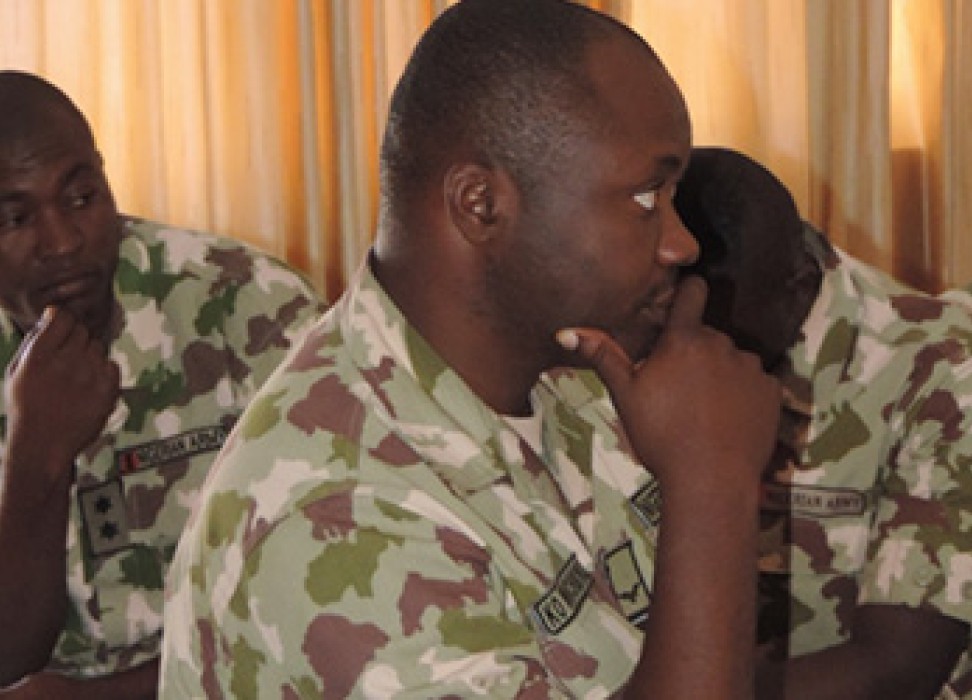
The creation of a Human Rights Desk by the Nigerian army, and a review of the forces’ Code of conduct and Rules of Engagement, represent an unprecedented breakthrough.
The Nigerian Government has announced the creation of a Human Rights Desk for its national army.
Composed of six legal officers from the Nigerian Bar Association and the legal section of the army, the new body will investigate allegations of human rights abuses perpetrated by national military personnel. The desk will also work to strengthen the army’s capacity to protect human rights and report annually on progress.
This decision comes months after the UN Human Rights Council requested the UN Human Rights Office to send a team to investigate and report on the atrocities committed by the Boko Haram insurgent group. The Council also urged the Nigerian military forces to respect human rights during their counter-terrorism operations and to hold perpetrators accountable for abuses.
Since 2009, at least 15,000 people have died because of the actions of the Boko Haram insurgent group, UN Human Rights Chief Zeid noted at the time. A number of reports have also implicated the Nigerian security forces in allegations of human rights violations in the context of counter-insurgency operations. Boko Haram’s terror campaign continues with its critical impact spilling over on the human rights situation in Cameroon, Chad and Niger.
To help the Nigerian army better respect human rights, the UN Human Rights Office and the UN Country Team have provided a detailed review of the Code of Conduct of its national army and presented recommendations for amendments to make it fully compliant with international human rights and humanitarian standards.
“The adoption of a Code of Conduct and Rules of Engagement implied that mechanisms will be put in place to implement them. The Desk is one such mechanism,” said UN Human Rights Advisor in the UN Country Team in Nigeria, Martin Ejidike. “They could directly impact peoples’ lives by reducing the number of cases of human rights violations and deny impunity for perpetrators within the security forces.”
Last December, Ejidike helped bring together at the same table National Defence officials, UN agencies and the National Human Rights Commission who, during a workshop, analysed with troops real case studies on the ongoing Operation Lafiya Dole in Maiduguri, north-eastern Nigeria.
“Counter insurgency and counter-terrorism operations are usually difficult for conventional forces as insurgents do not observe human rights norms,” Major General Akem pointed out during the workshop in Maiduguri. “But, as professionals, the armed forces are obliged to do so.”
General Rogers, Chief of Civil and Military Affairs, said that the creation of the Human Rights Desk addresses the increasing interest by local and international actors on the human rights issues related to the counter-insurgency operations in Nigeria. The army’s aim is to bridge the gap with civil society on human rights.
The UN Human Rights Adviser will work with the UN Country Team to provide specific expertise to the Desk on issues such as child protection and impunity for rights violations.
14 March 2016
